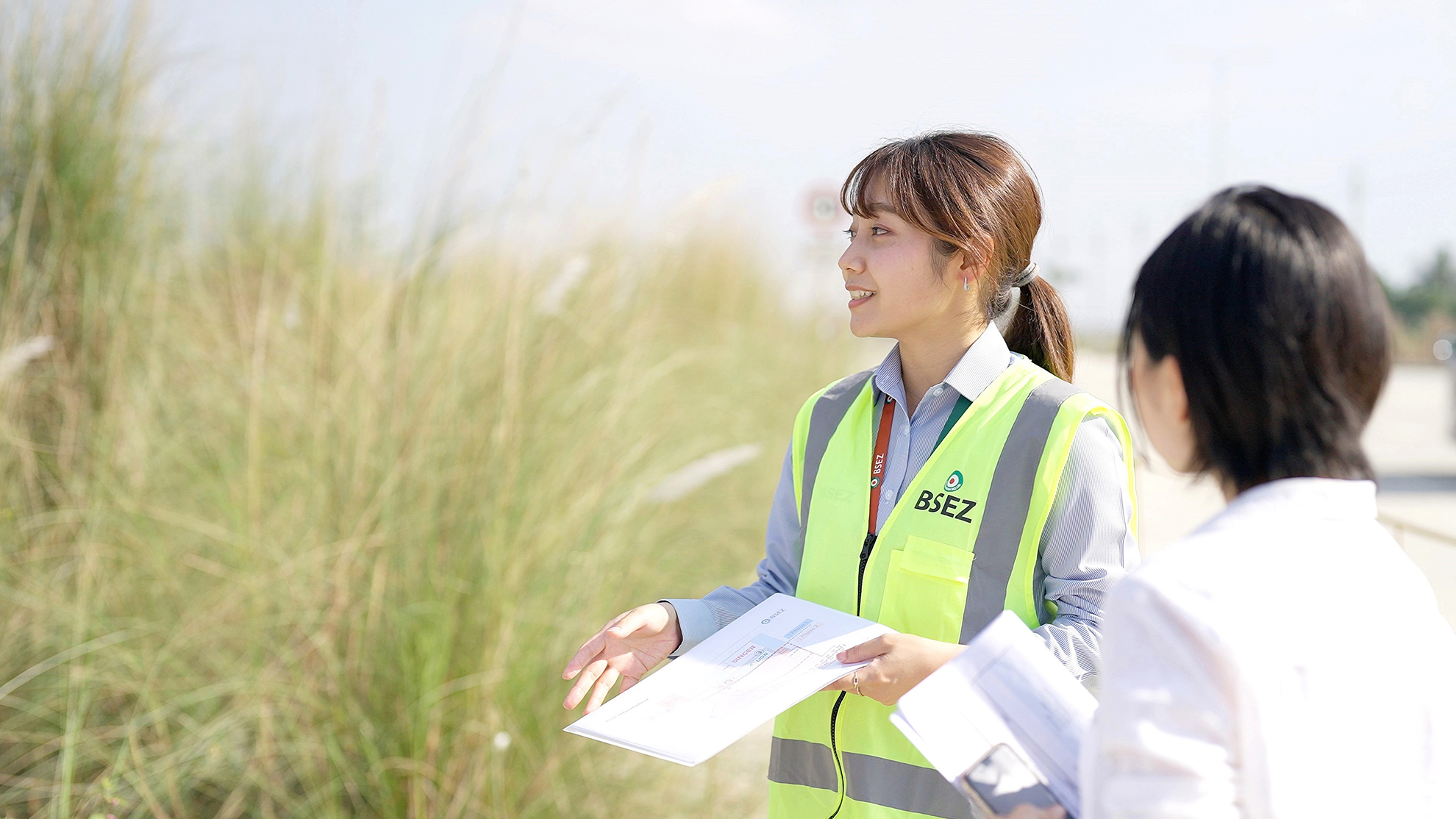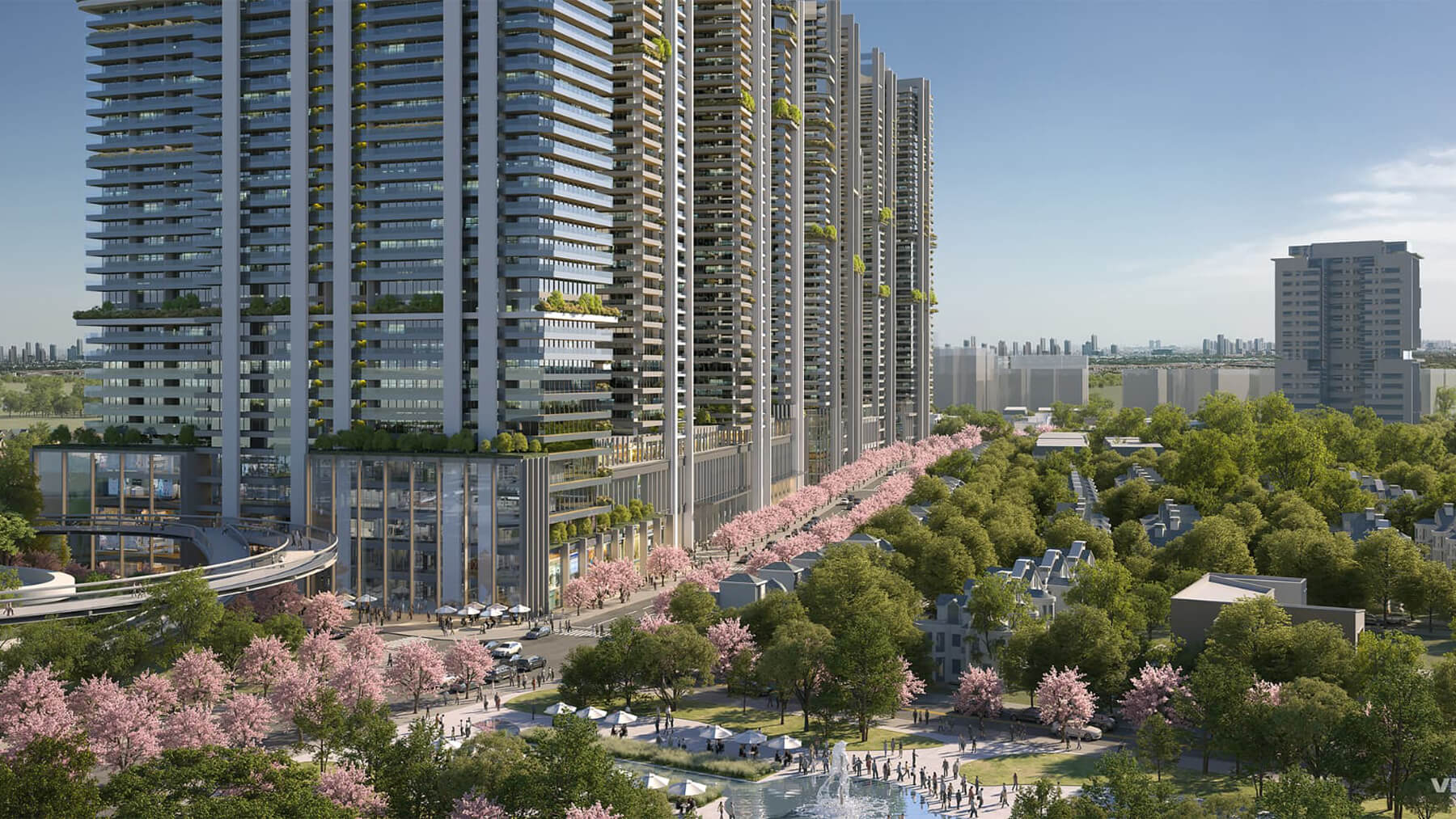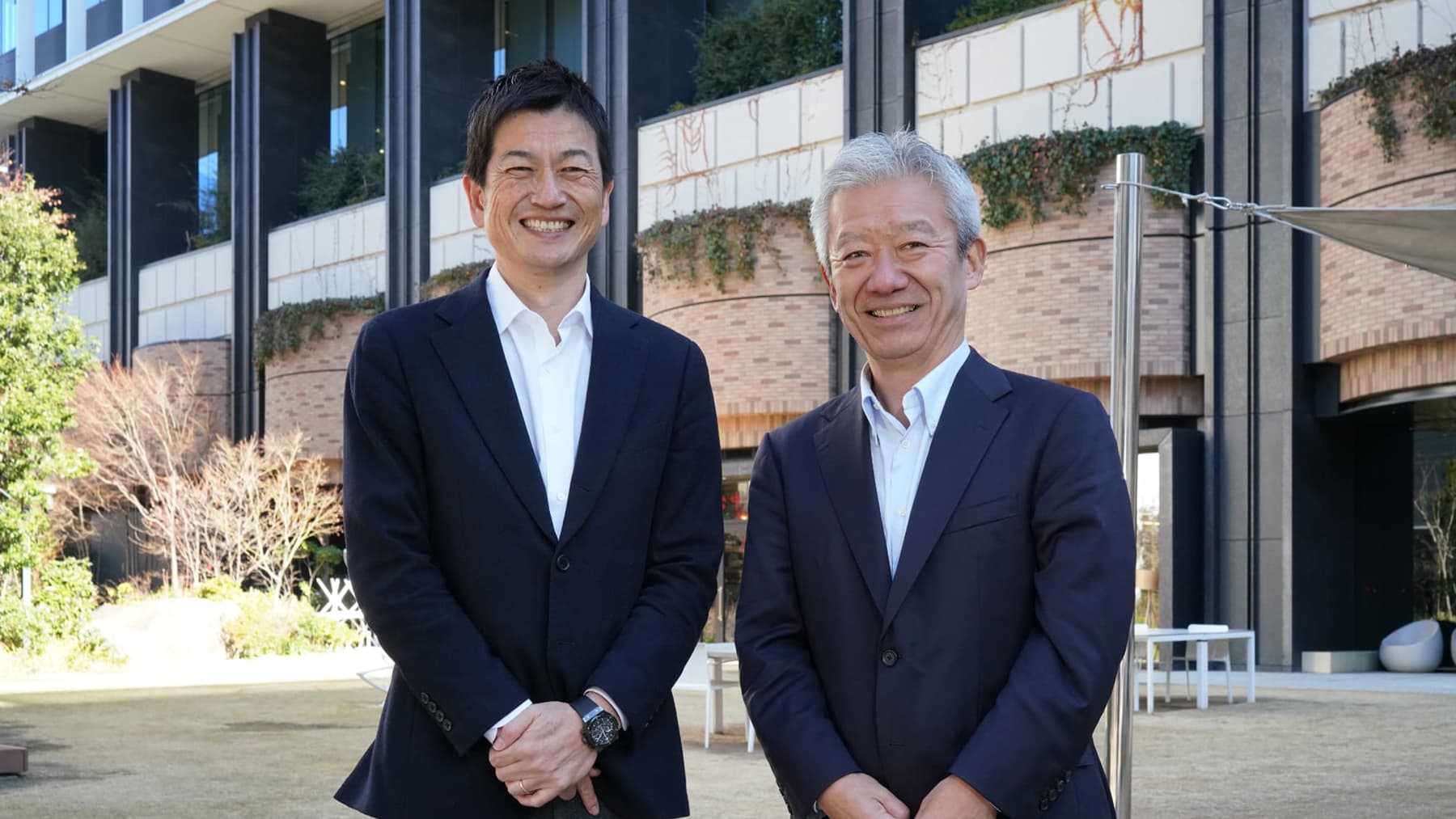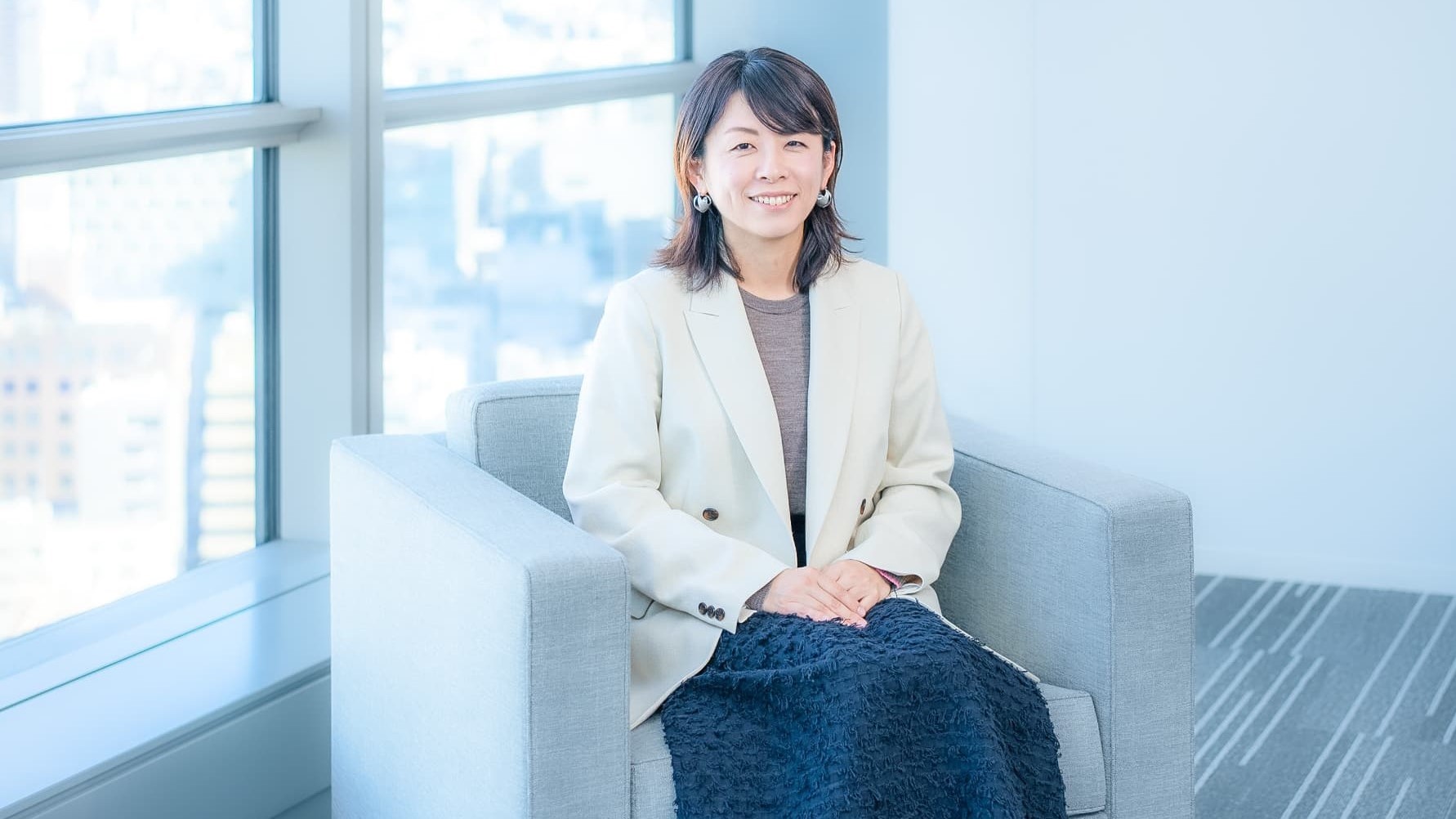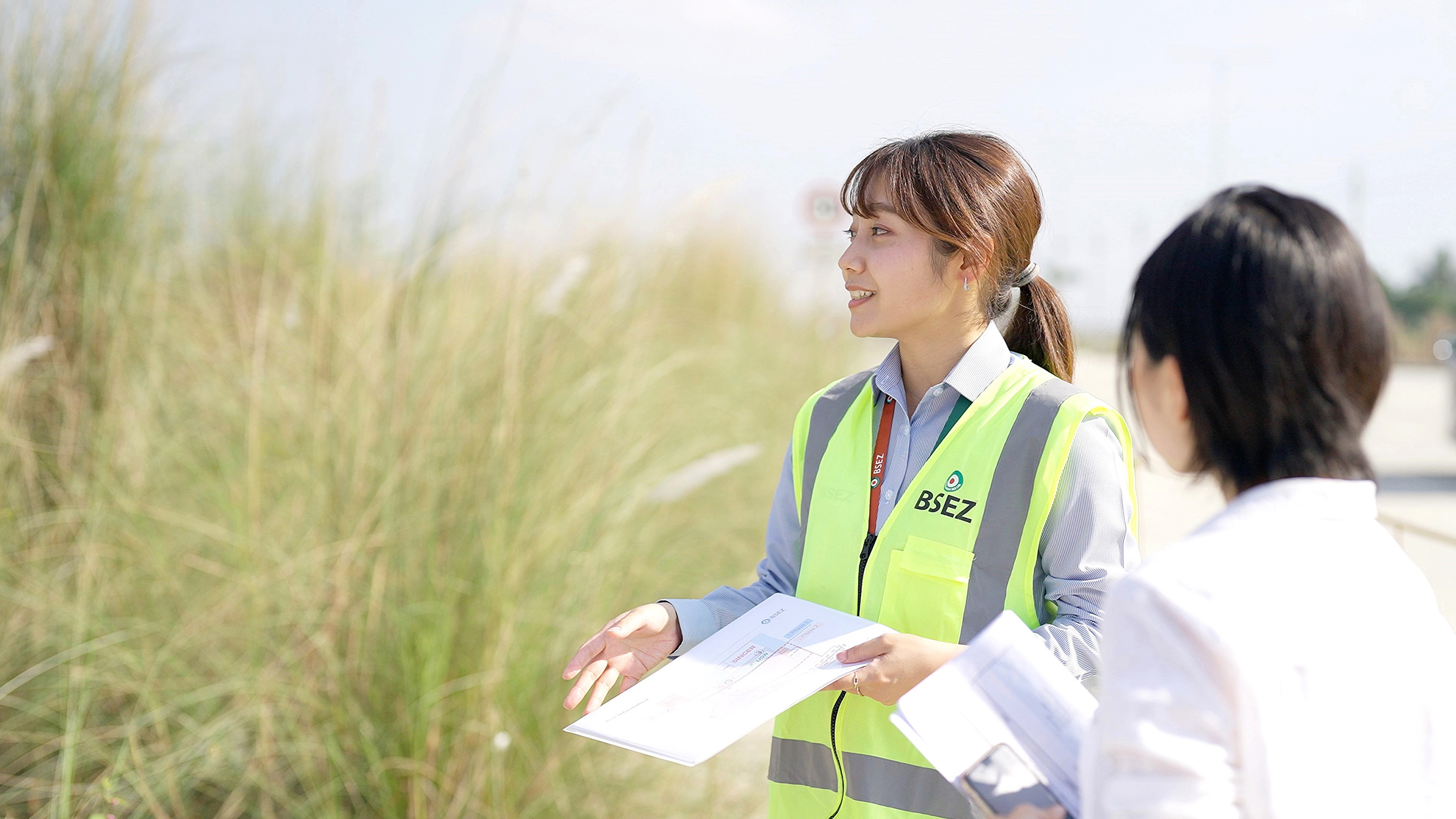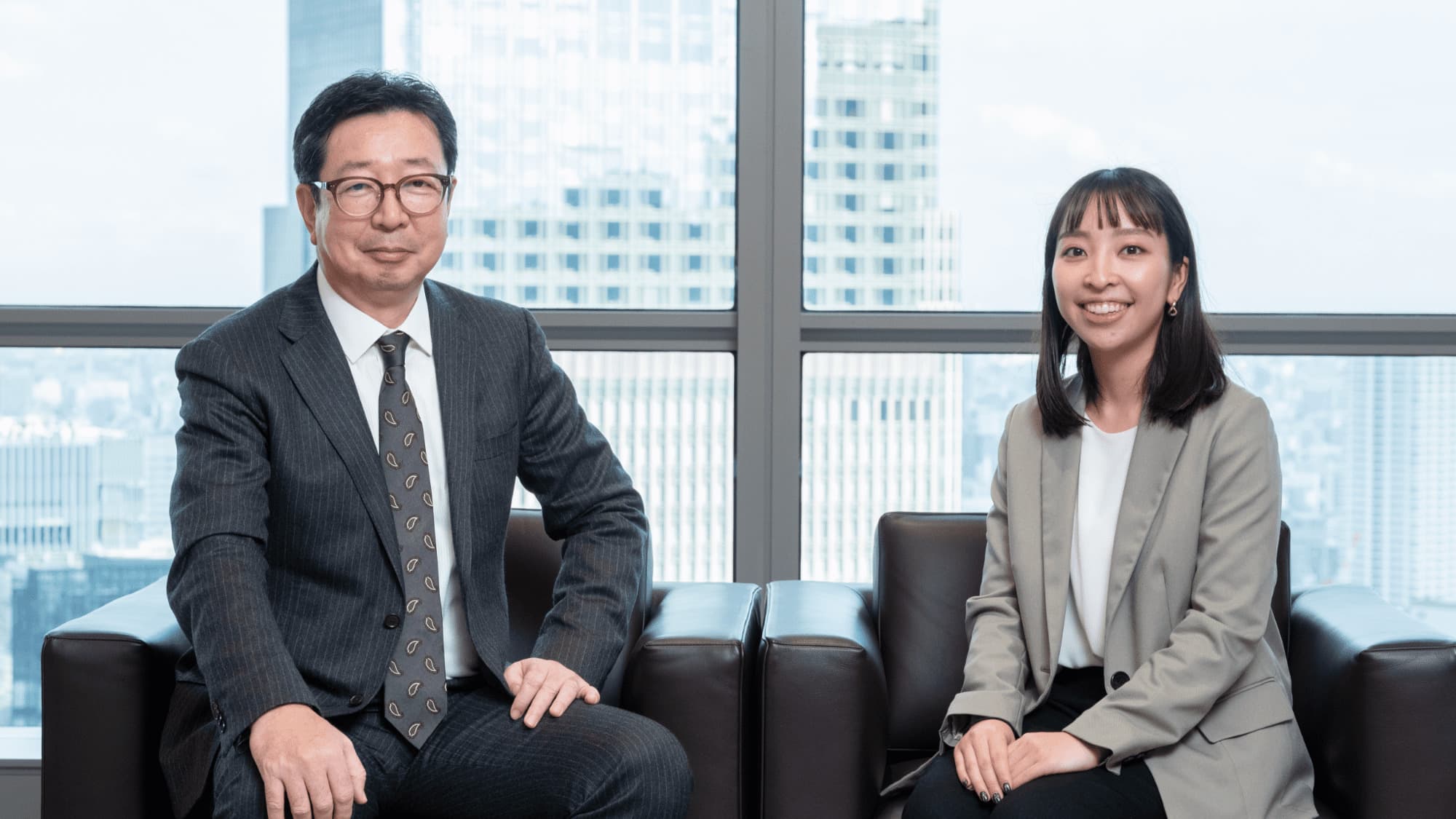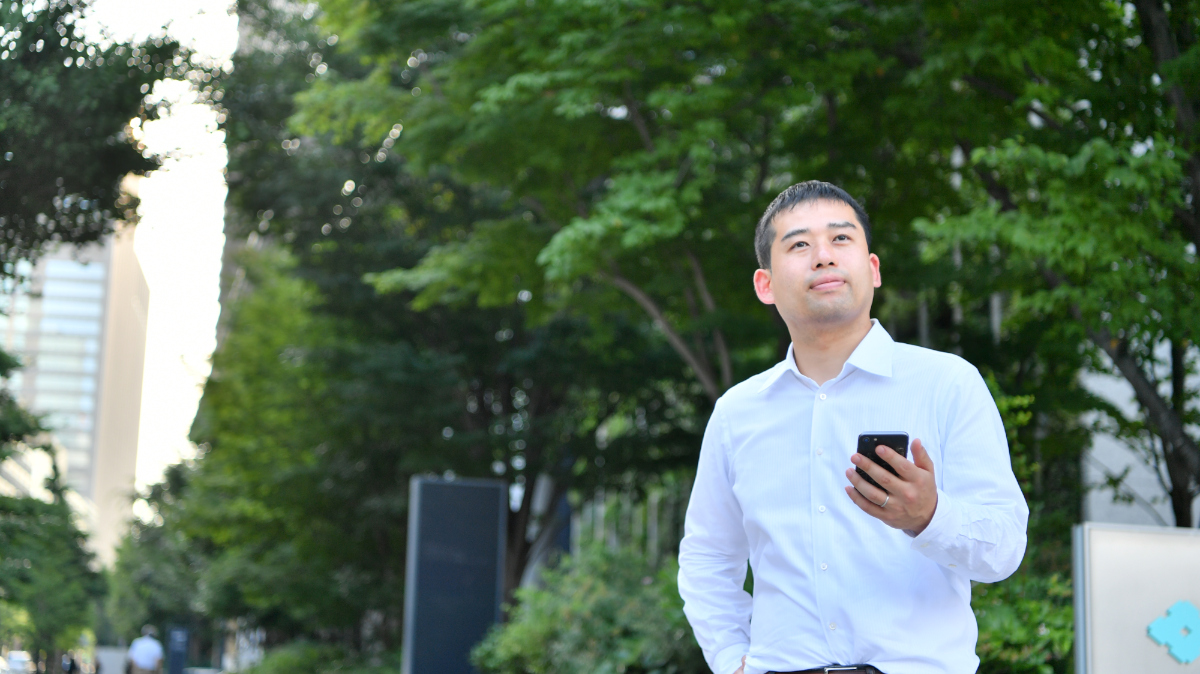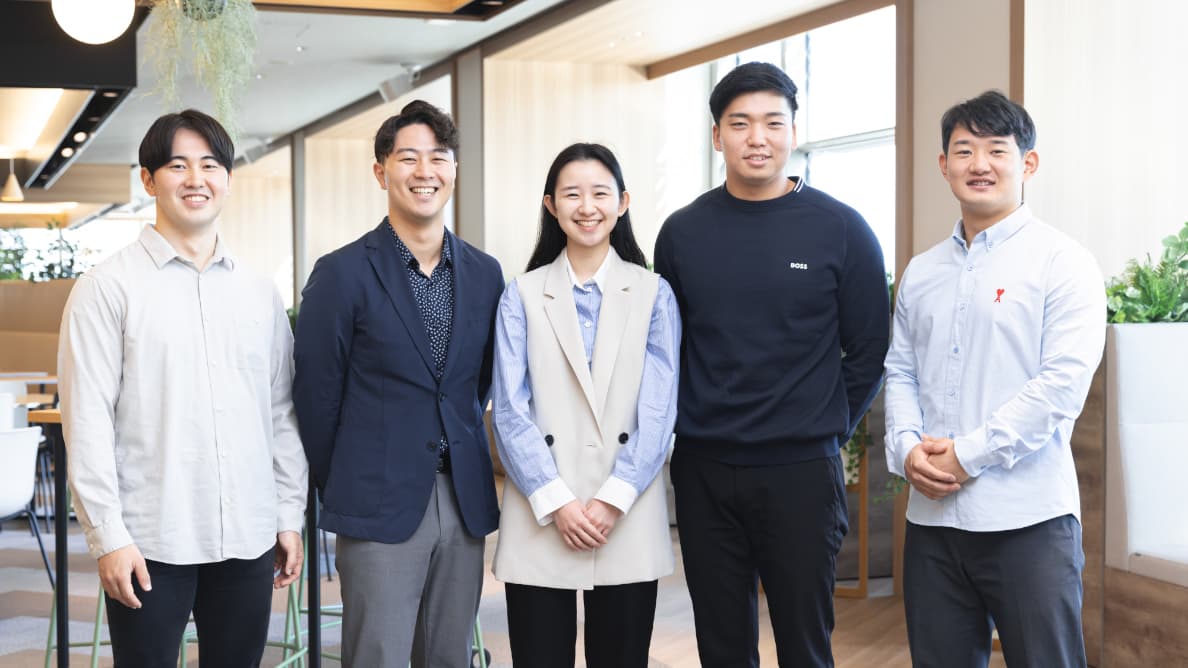
- TOP
- Enriching+TOP
- Developing an Industrial Park in Bangladesh from the Ground Up – Sumitomo Corporation's 30+ Year Track Record Mobilizes Government
2024.11.12
Business
Developing an Industrial Park in Bangladesh from the Ground Up – Sumitomo Corporation's 30+ Year Track Record Mobilizes Government
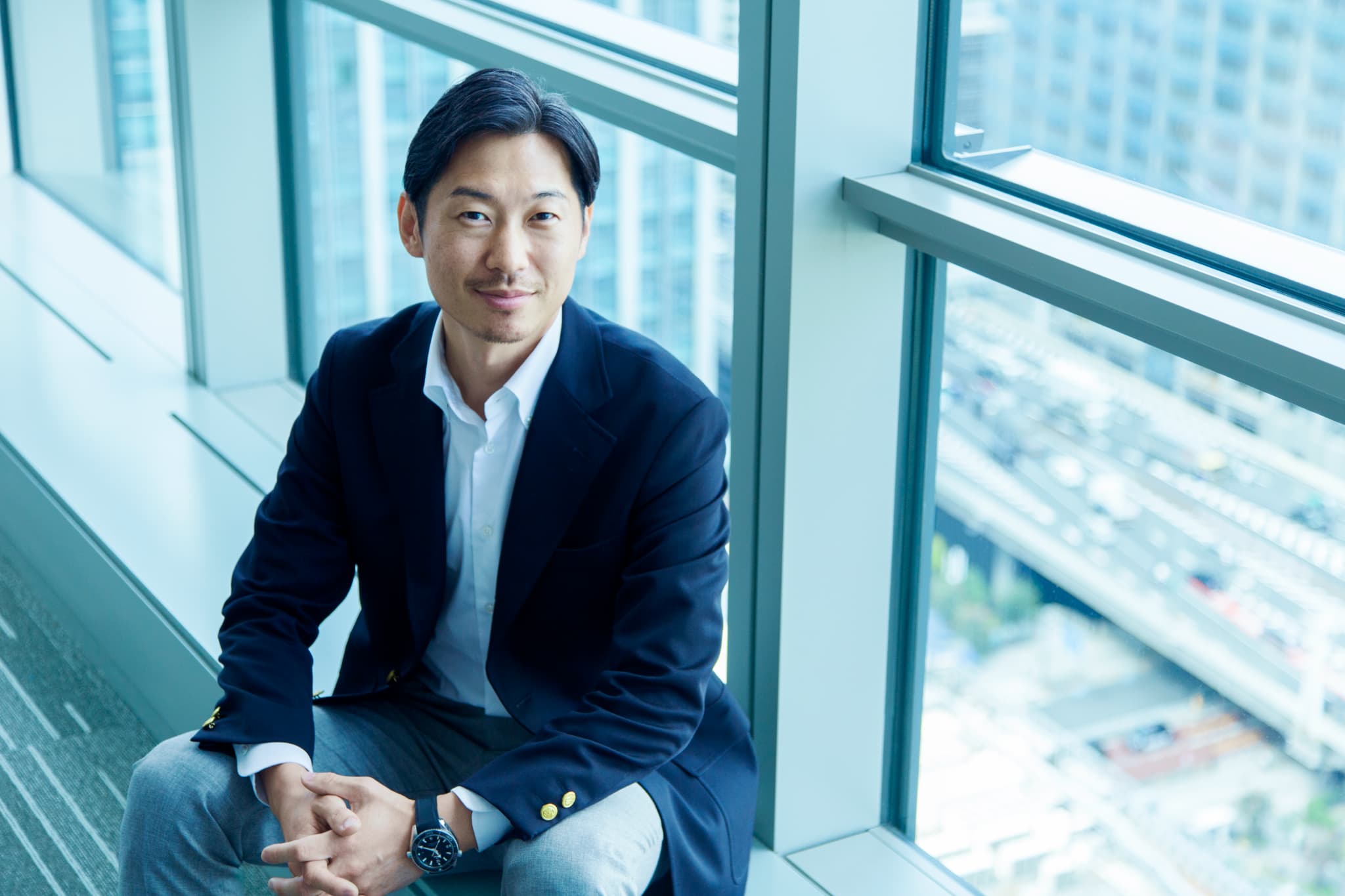
Sumitomo Corporation has developed industrial parks in nine locations in six countries (as of October 2024), mainly in Southeast and South Asia. The company is proud to be the leading Japanese industrial park developer in the region. Together with local governments and partners, we have expropriated vast tracts of land covering several hundred hectares and developed infrastructure. From attracting tenant companies to supporting their operations, we are contributing to the development of manufacturing in each of these regions. Today we spoke with Chiharu Tagawa, Manager of the Industrial Park Unit, which was responsible for promoting the Bangladesh Special Economic Zone (BSEZ) project, Sumitomo Corporation's sixth development site in Bangladesh, about his thoughts on the project.
-
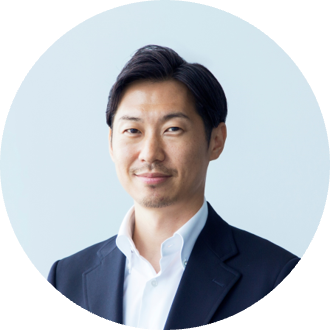
Manager, Industrial Park Unit
Chiharu Tagawa
Chiharu joined Sumitomo Corporation in 2008 as a new graduate. After working in the Global Logistics Dept., he was posted to Thailand, where he gained experience in operations management and branch management at a local logistics company. He joined the Overseas Industrial Park Dept. (now the Industrial Park Unit) in 2014 and has been involved in the development of the BSEZ since 2016. He was transferred to Bangladesh in 2018, where he took charge of new business development, including the BSEZ, before assuming his current position in 2022, where he also leads the development of strategies for the industrial park business as a whole.

"Industrial Diversification" in Bangladesh, With a Population Projected To Exceed 200 Million
How did you come to be involved in the Bangladesh Special Economic Zone (BSEZ) project?
I have been interested in Sumitomo Corporation’s industrial park business since university. I was attracted by the dynamic nature of developing infrastructure on vast vacant lots, and by the global aspect of contributing to the economic and social development of the different countries in question. After I was fortunate enough to receive a job offer, I continued to hope I would be assigned to work in a job related to industrial parks. In the Global Logistics Dept. – my first posting after joining the company – I learned about the logistics that are also essential to manufacturing in industrial parks.
In 2014, I was assigned to the Overseas Industrial Park Dept. (former name) and gained experience in industrial park projects in Vietnam and Myanmar, which only furthered my desire to work on industrial park development in new countries from the ground up. When I told my manager, I was given the go-ahead to explore new business opportunities in Bangladesh in June 2016. I have now been involved in this project for more than eight years in various capacities, and BSEZ has become a key project that is tantamount to my personal mission for my thirties.

Which aspects of Bangladesh did you see as having the greatest potential?
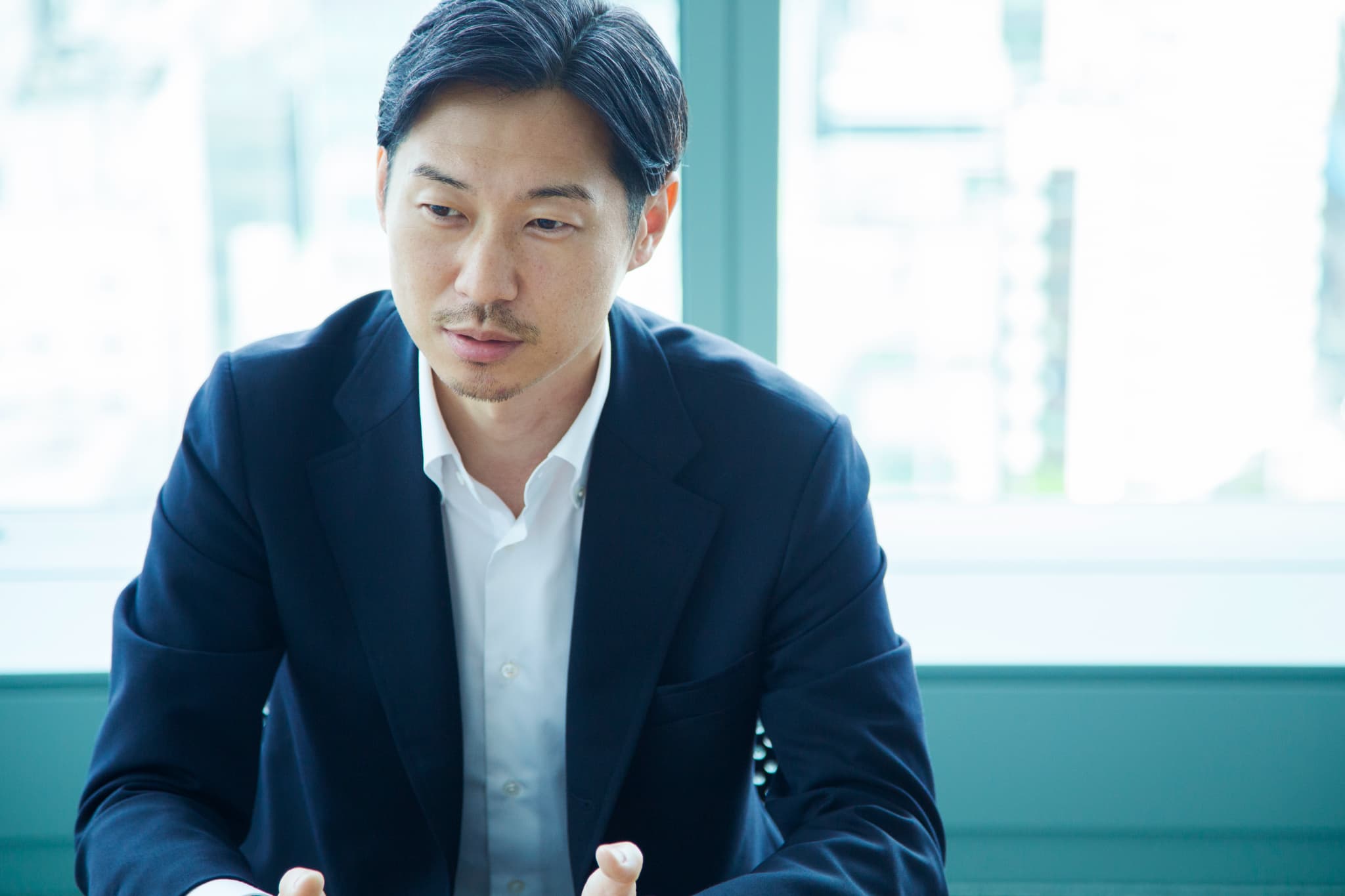
Bangladesh borders India to the north, east and west, and Myanmar to the southeast, making it a geographic hub connecting South and Southeast Asia. With a population approximately 1.4 times that of Japan (the eighth largest in the world at approximately 170 million), the country is rich in human resources, with a working population that continues to grow steadily. In addition, the economy has shown remarkable development in recent years, and domestic demand is expected to continue surging. Against this backdrop, we felt that the country had tremendous potential as a manufacturing base.
On the other hand, Bangladesh is only about 40% the size of Japan and does not have many natural resources. In addition, the country’s industrial structure remains fragile, with garments accounting for approximately 90% of its exports. It was for this reason that we saw "industrial diversification" as the key to supporting a population that is expected to swell to over 200 million in the future.
When I undertook my study of the country, many parts of Bangladesh lacked basic infrastructure such as electricity, water and telecommunications, not to mention other systems necessary for doing business. Improving the investment environment would serve to promote direct investment from overseas and help Bangladesh realize its potential as a manufacturing base. We reasoned that we could contribute to the country's economic development by leveraging Sumitomo Corporation's expertise and experience in industrial park projects.
In Bangladesh, infrastructure development using Official Development Assistance (ODA) is progressing at a rapid pace, and there is a strong cooperative relationship between Japan and Bangladesh, principally in the form of yen loans*. By improving the investment environment in Bangladesh, it may be possible to solve the problems that we in the private sector are unable to overcome simply through cooperation with the Japanese government. With this idea in mind, we were able to launch Sumitomo Corporation's first subsidiary company in Bangladesh.
*Long-term, low-interest loans provided on flexible terms to developing countries as part of the Japan's Official Development Assistance
Fundamental Challenges in Developing Countries, and Steadily Laying the Groundwork to Solve Them
What events have left a particularly strong impression on you in the course of your work in Bangladesh?
We actually encountered a major crossroads in the early stages of the project. I made my first trip to Bangladesh at the end of June 2016 for a kick-off meeting with government officials, and right afterwards, on July 1, there was a terrorist attack in Dhaka. Several people at Sumitomo Corporation developed deep concerns about doing business in Bangladesh, and I was also seized by the fear that I could have been a victim myself. I found myself asking, "Can we really make it work in this country?"
Yet this incident also gave me an opportunity to rethink the purpose of our project. The factors behind terrorism are very complex and can include religious undercurrents. The real root of the problem, however, may be people's dissatisfaction with and uneasiness within society. If the country and its society were to become more affluent, could this help to address the root problems in some way? As I asked myself these questions and considered the issue deeply, I developed a strong desire to contribute through my work in industrial park development.
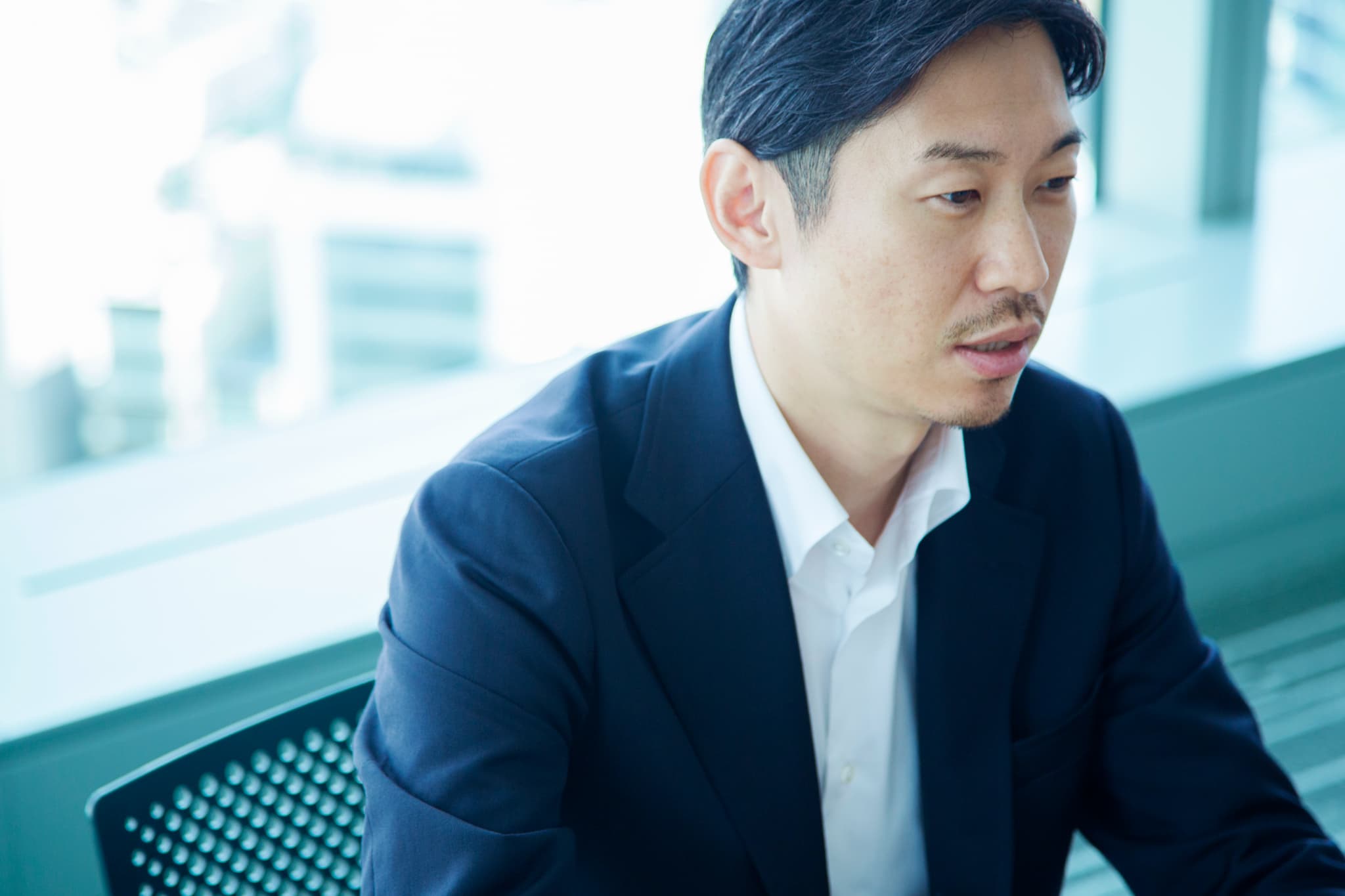
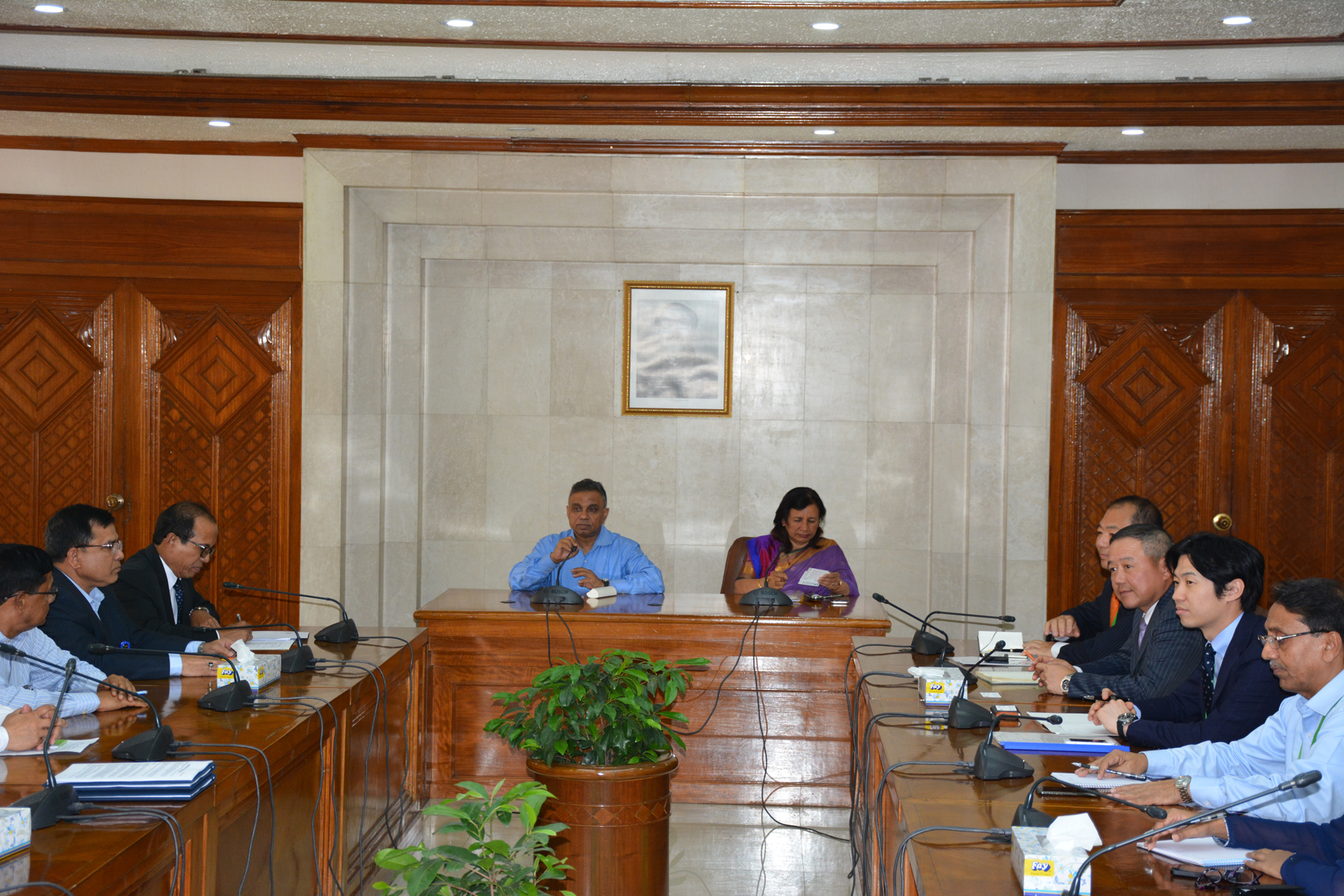
In November of that year, we submitted a 100+ page proposal to the Government of Bangladesh, calling on it to take action to improve the investment environment in Bangladesh. The proposal called for revisions to laws and systems, large-scale infrastructure development and other measures. Coming from a private company, I thought it was very ambitious. We were concerned that we might be turned away at the door. Yet we succeeded in conveying our enthusiasm for making a serious effort with the Bangladesh government and the nation as whole, and the authorities expressed their willingness to work with Sumitomo Corporation on this project, leveraging our 30+ years of expertise in the field. I believe that we were able to gain this level of trust because of the reputation that Sumitomo Corporation has established for reliability and our track record as a Japanese developer of industrial parks. When the Government of Bangladesh told us that they were willing to work with Sumitomo Corporation, I was convinced that this project would be a success.
The BSEZ development company was established in 2019, three years after this proposal was accepted. What preparations were made in the interim?
During this period, we worked intensively with the Government of Bangladesh to lay the groundwork necessary to get the project off the ground. We also worked with experts from the Japan International Cooperation Agency (JICA) and the Japanese government to coordinate infrastructure development, and were even occasionally called upon to check the drafts of laws disclosed by government officials. This was our first attempt to improve the investment environment by getting involved in government affairs, and it definitely presented us with major challenges that did not yield immediate results. Yet we continued to work with dedication, convinced that putting this solid foundation in place was essential to attracting global industry, creating jobs as well as promoting regional and national development.
Internally, I proposed cross-departmental collaboration, held in-house seminars on Bangladesh and continued to convey my belief that the country was poised for change. Because Sumitomo Corporation employees are very passionate about their work, I believe our combined efforts helped create a wave of empathy at the company.
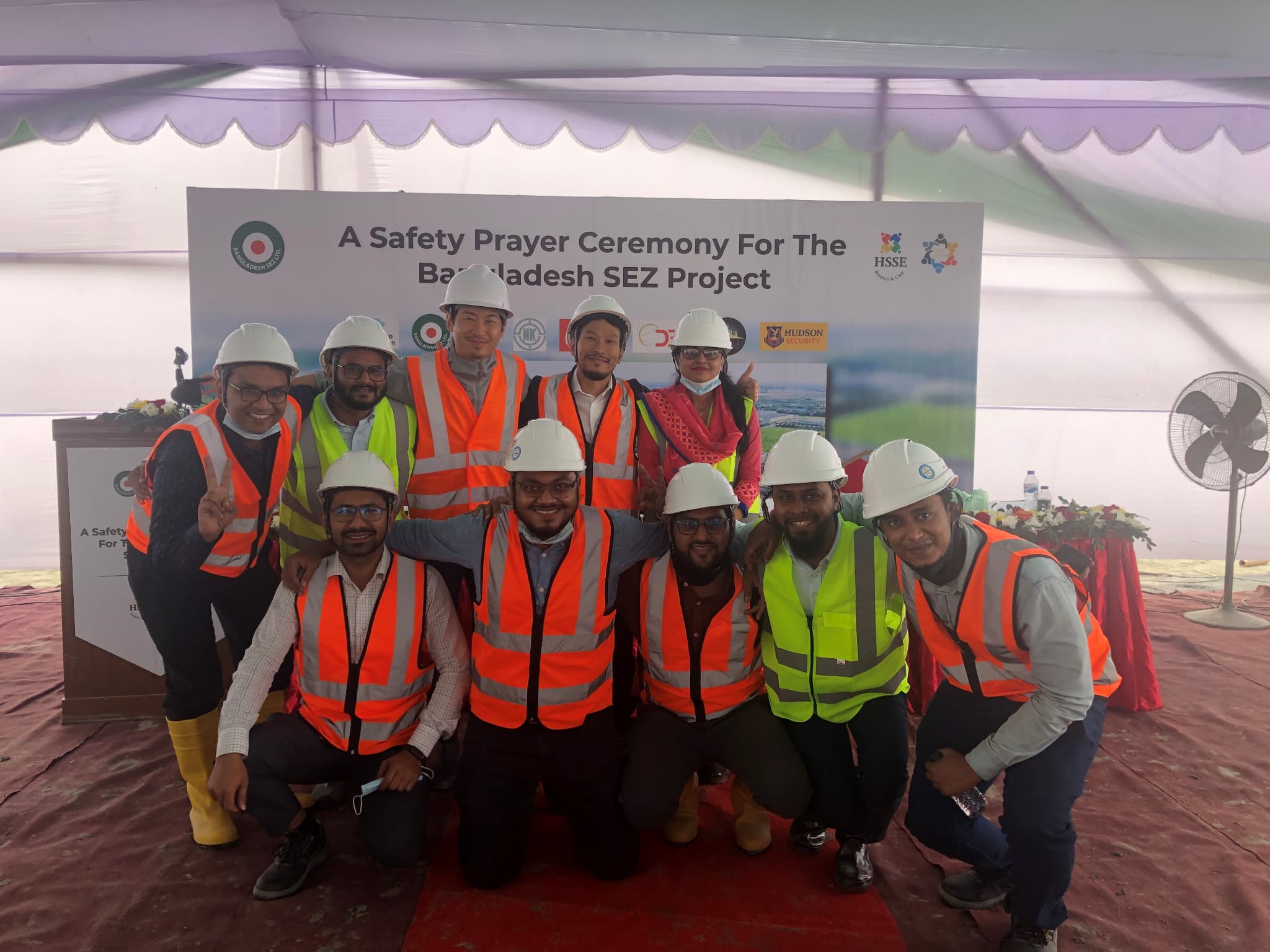
Continued Urban and National Development – The Industrial Park Was Just the Beginning
The BSEZ opened in 2022. What were the features and strengths of this long-awaited industrial park?
The BSEZ is the first special economic zone in Bangladesh to meet global standards on infrastructure, including electricity, gas, water, telecommunications and flood defenses. Thanks to the efforts of the Japanese government and JICA, a One-Stop Service Center has been established to handle the myriad permits and approvals required to enter the market here.
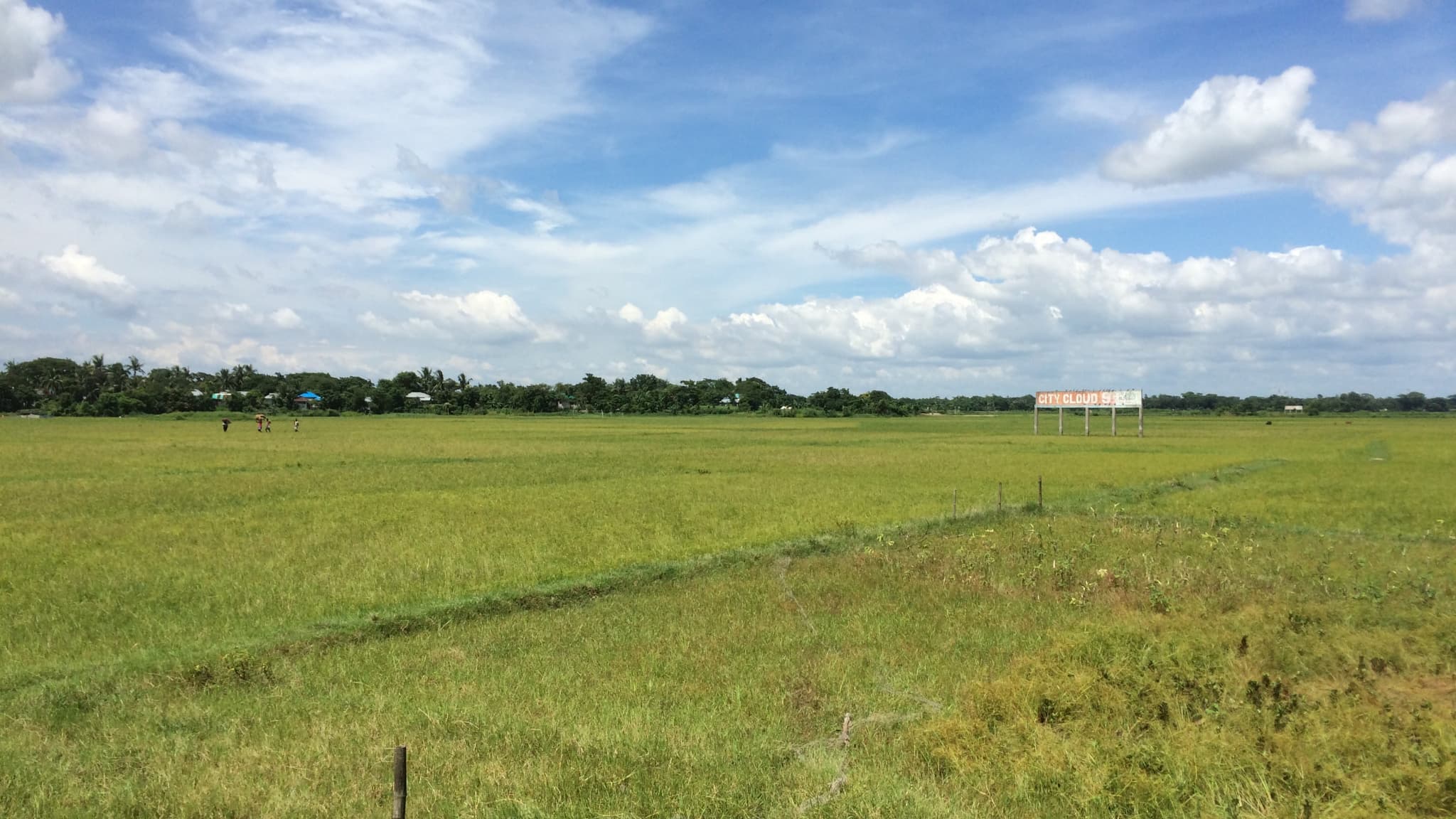
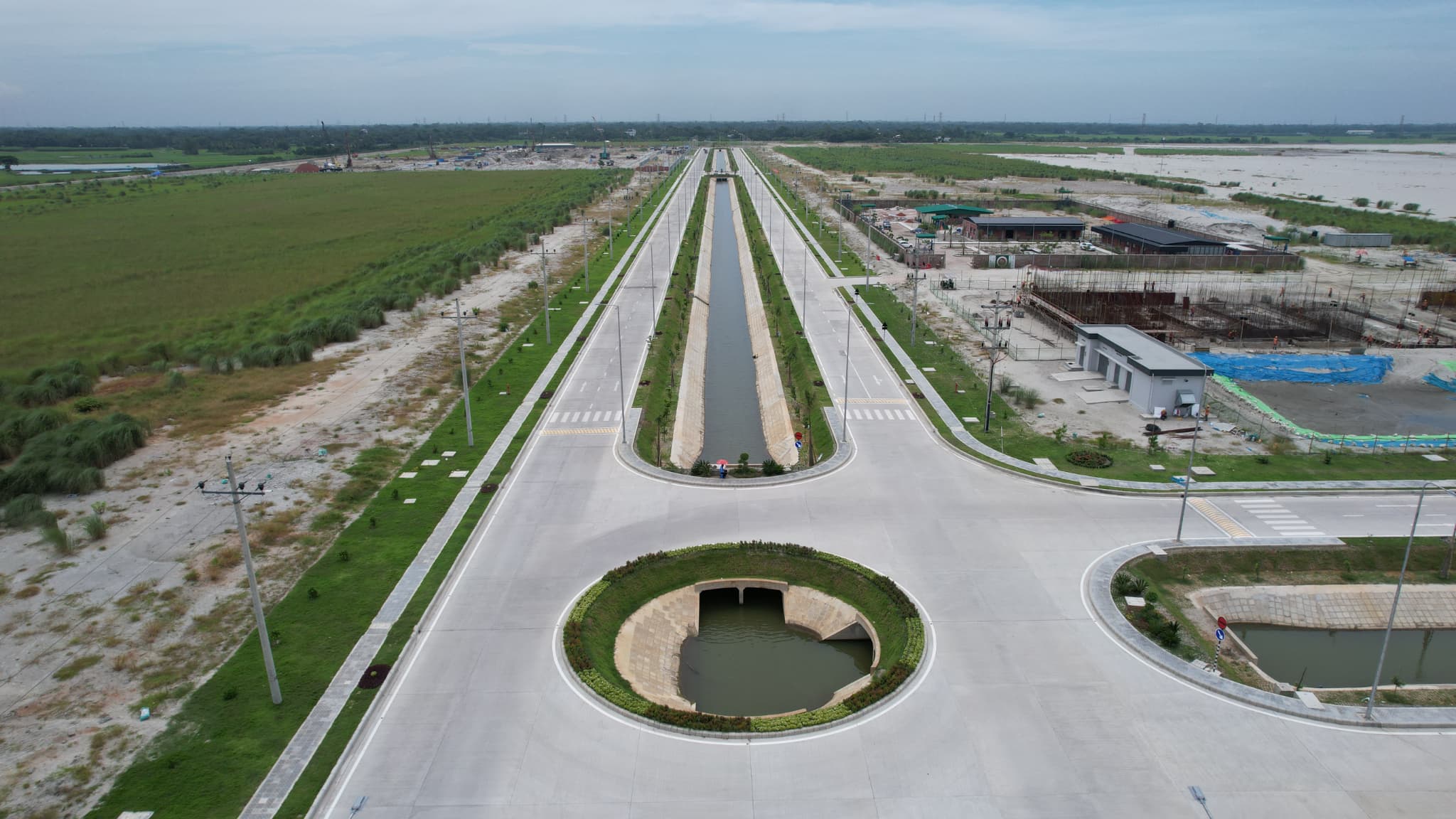
The BSEZ came to fruition because it is a Japan-Bangladesh Public-Private Partnership Project. All parties in both countries are working together to achieve the goal of industrial diversification and job creation in Bangladesh. Sumitomo Corporation is proud of its role in providing both the hardware and software necessary to create a platform for manufacturing. The company relies on expertise cultivated through more than 30 years of industrial park business and supporting the overseas expansion of more than 600 manufacturing companies.
In the first phase of BSEZ, companies from industries including home appliances, chemicals, daily necessities, food, equipment and sewing supplies from Japan and elsewhere decided to set up operations here. Sales are progressing smoothly, and in February 2024, construction began on the second phase advanced development area. Our immediate task is to attract industries with more multilayered supply chains to accelerate industrial diversification and job creation in Bangladesh.
Finally, what do you find rewarding about the industrial park business and what is your vision for the future?

After being involved in the whole process of establishing the BSEZ and witnessing change in the lives of local people after construction was completed, I believe the industrial park project will not only lead to industrial development and job creation, but will directly contribute to urban and national development.
The next challenge for Sumitomo Corporation is to respond to new residential and commerce-related needs created by the establishment of industrial parks, and to provide added value by incorporating elements of digital and green transformation (DX/GX). We are already considering residential and commercial developments in Vietnam and the Philippines that reflect these elements, and we are also expanding our solar power generation business to meet the renewable energy procurement needs of tenant companies. Moving forward, we plan to work on stabilizing our operations in Bangladesh and develop new industrial park projects in other countries, too.
While our efforts will continue to face some difficult, uncertain situations, I hope to continue contributing in a tangible way to the enrichment of developing countries and the realization of their dreams. It may sound presumptuous, but I would like to spend my forties passing along the knowledge and lessons I have gained through my experience working on industrial park development projects to younger Sumitomo Corporation employees.

